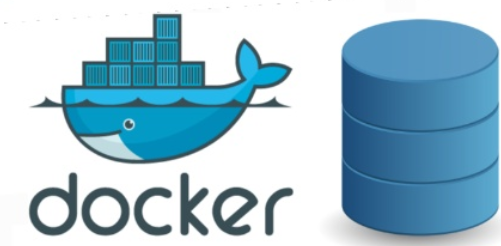A container runs on host machine. It has a virtual filesystem and say it contains a database. But there is no data preservation. Once I stop or restart the container, the data is gone!
That's where docker volumes comes into picture. It is used to persist the data in the container.
It connects the physical filesystem(host filesystem) path to the virtual filesystem path.
So, a folder of physical filesytem is mounted on the virtual filesystem of the Docker.
A host volume can be accessed from within a Docker container and is stored on the host, as per the name. To create a host volume, run:
docker run -v /path/on/host : /path/in/container
Use host volume when you need to know where to refer to the data. It’s also the easiest type of volume to use, so it’s ideal for simple projects.
To run anonymous volume, run:
docker run -v /path/in/container
While creating the volume user doesn't specify which folder in the host filesystem is to be mounted on the container filesystem.Docker takes care of the folder.
They provide flexibility, but it can be difficult to refer to the same volume when it is anonymous.
To create a named volume, run:
docker volume create somevolumename
docker run -v name : /path/in/container
Named volumes and anonymous volumes are similar in that Docker manages where they are located. Like anonymous volumes, named volumes provide flexibility, but they are also explicit. This makes them easier to manage.
If you need to use a volume, consider the difference between the various kinds before starting development. This will make it easier to save data from the start and specify your volume in your Dockerfile.
